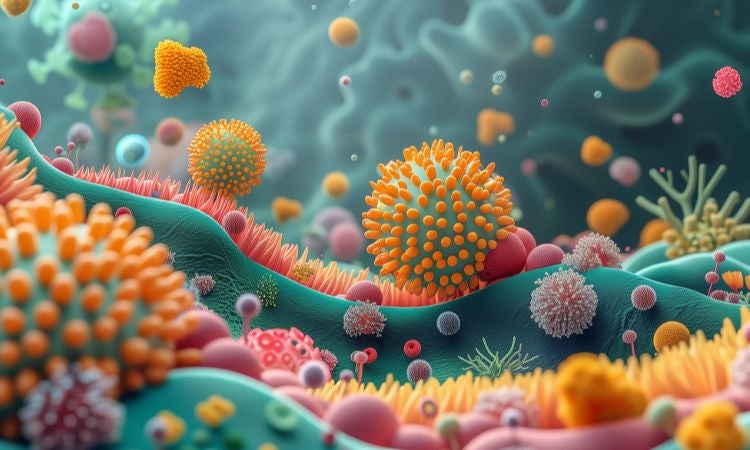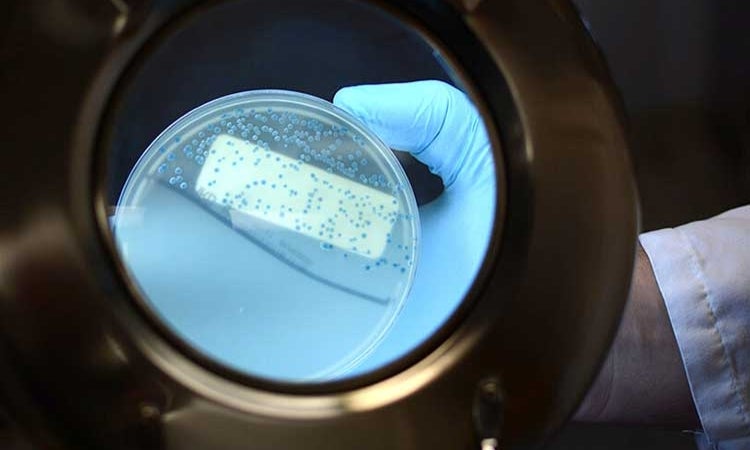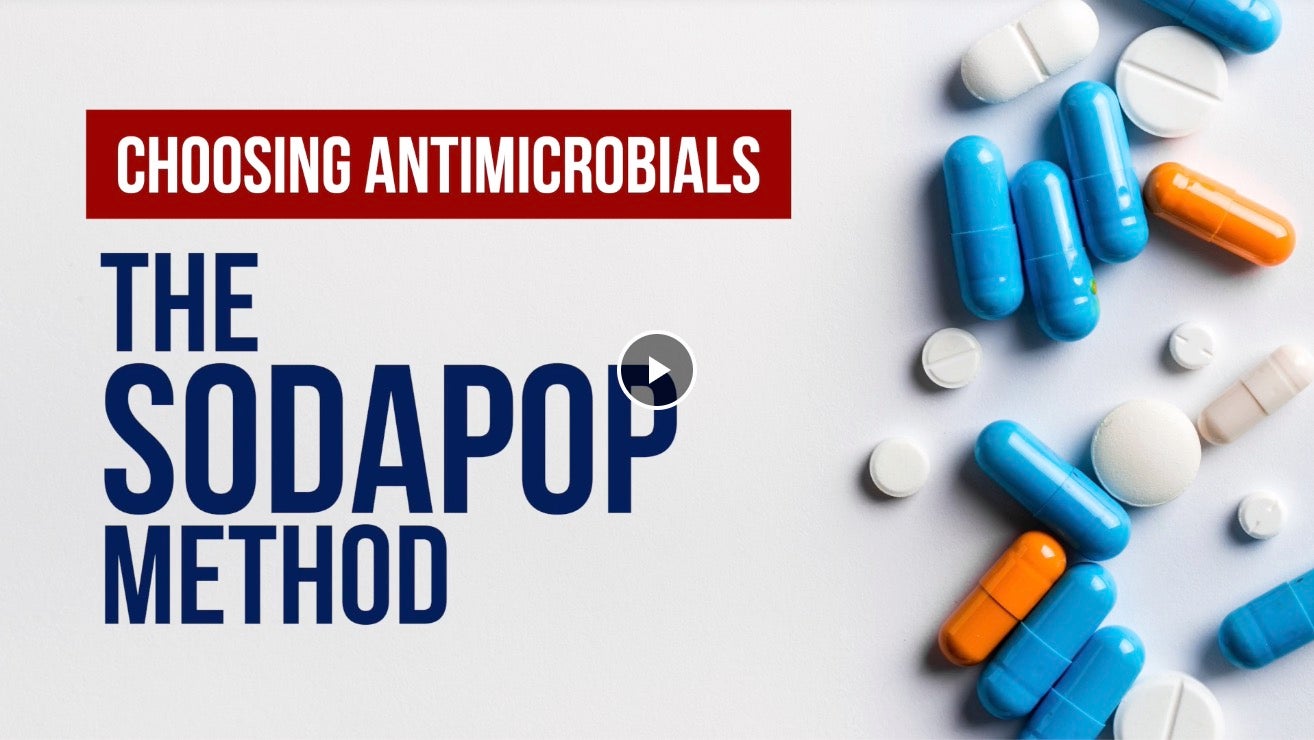Resources
IIZD provides access to specialized resources and core facilities that support cutting-edge research in zoonotic infectious diseases.
Center for Host-Microbial Interactions
The Center for Host-Microbial Interactions (CHMI), based at the Institute for Infectious and Zoonotic Diseases at Penn Vet, is a shared resource for high-throughput sequencing and data analysis. Our center focuses on the role of the microbial world in shaping the health of humans, animals, and the environment. We collaborate closely with researchers, veterinarians, and clinicians across Penn and beyond.

The SODAPOP Metacognitive Framework
Choosing an antimicrobial is a complicated clinical task, particularly for veterinary students and trainees. The SODAPOP Metacognitive Framework was developed to help future antimicrobial prescribers “think about thinking about” choosing an antimicrobial.
For instructors interested in incorporating SODAPOP into their classroom, Stephen Cole, VMD, MS, DACVM, at Penn Vet has developed five small animal cases and two validated rubrics for use with SODAPOP that are available upon request.
CREATE
Carbapenem-Resistant Enterobacterales (CRE) are among the greatest threats to animal and human health, as they are often nearly impossible to treat with antibiotics. CRE can spread silently through veterinary hospitals, establishing environmental reservoirs and potentially transmitting to animals and people. The CRE Animal Testing and Epidemiology (CREATE) Project is a resource for veterinarians, veterinary hospital administrators, and veterinary laboratories to support preparedness, response, and accurate detection of CRE.


